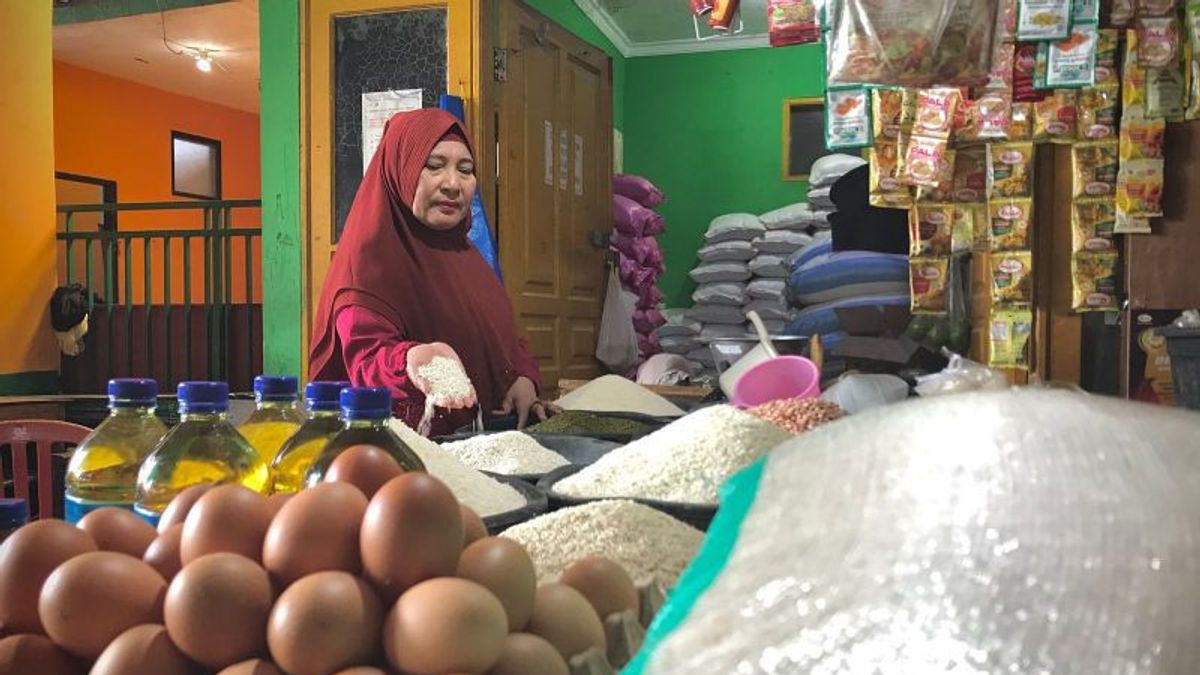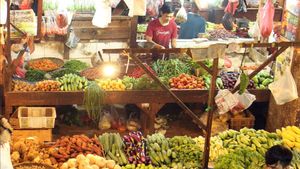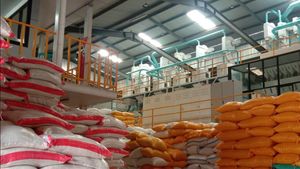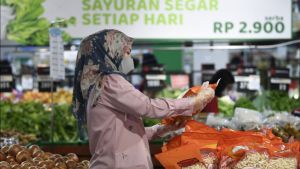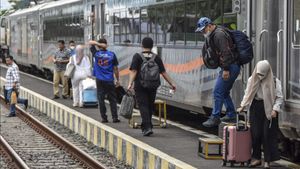JAKARTA - Local governments are advised to understand and redefinition food needs in their respective regions. This is in order to maintain the stability and availability of basic commodities.
Senior Economist Indef Aviliani said that the central government must involve local governments in policies for supply and demand, especially as to re-define basic food needs in each region that are different.
"Because with this leveling, it is not necessarily needed by all regions," said Aviliani quoting Antara.
According to him, the basic needs of each region can vary due to demand factors and supply (supply). Local governments need to be able to read the needs of the community and manage food supply in their area.
"It must redefine that later the task of local governments is not only to alleviate poverty but also to stabilize food, especially staple foods that are determined, whether they want nine basic commodities or five basic commodities," he said.
If there is a shortage of food, cooperation between regions can be carried out to meet these needs.
According to him, several local governments that focus on the balance between supply and food demand tend to be able to maintain inflation.
"Why? Because usually if there is a large import they also prohibit it because their production is sufficient and it also protects farmers but if they are lacking they can accept imports," he said.
Aviliani stated that maintaining food stability is not only a social responsibility, but also an obligation of the local government, because food is an important factor in preventing poverty.
Local governments must play an active role in maintaining food prices, so that there is no always panic when prices rise or supply decreases. They must understand that imports and harvest processes have delays, so preventive measures are needed to avoid high inflation.
SEE ALSO:
Aviliani also highlighted the importance of awareness of farmers' welfare and its relationship with food stability. In addition, there needs to be a redefinition of the policy of the availability of basic commodities at the regional level.
So far, new policies have emerged after a price spike or supply scarcity. Therefore, local governments need to have a more mature and sustainable strategy in managing food availability and prices.
"I think so far, that's what has been forgotten so that the policy always appears when prices rise and then we are confused. We need time if we import, when we need time, we wait for the harvest to take a long time, while we have to maintain food availability so that prices don't rise, otherwise inflation will be higher," said Aviliani.
The English, Chinese, Japanese, Arabic, and French versions are automatically generated by the AI. So there may still be inaccuracies in translating, please always see Indonesian as our main language. (system supported by DigitalSiber.id)
